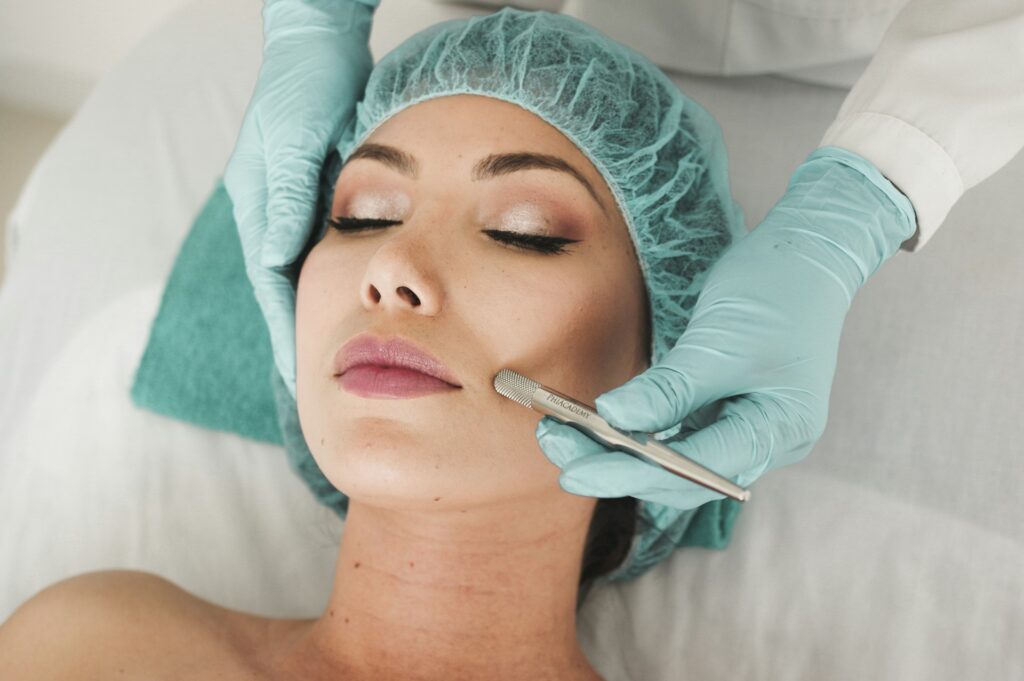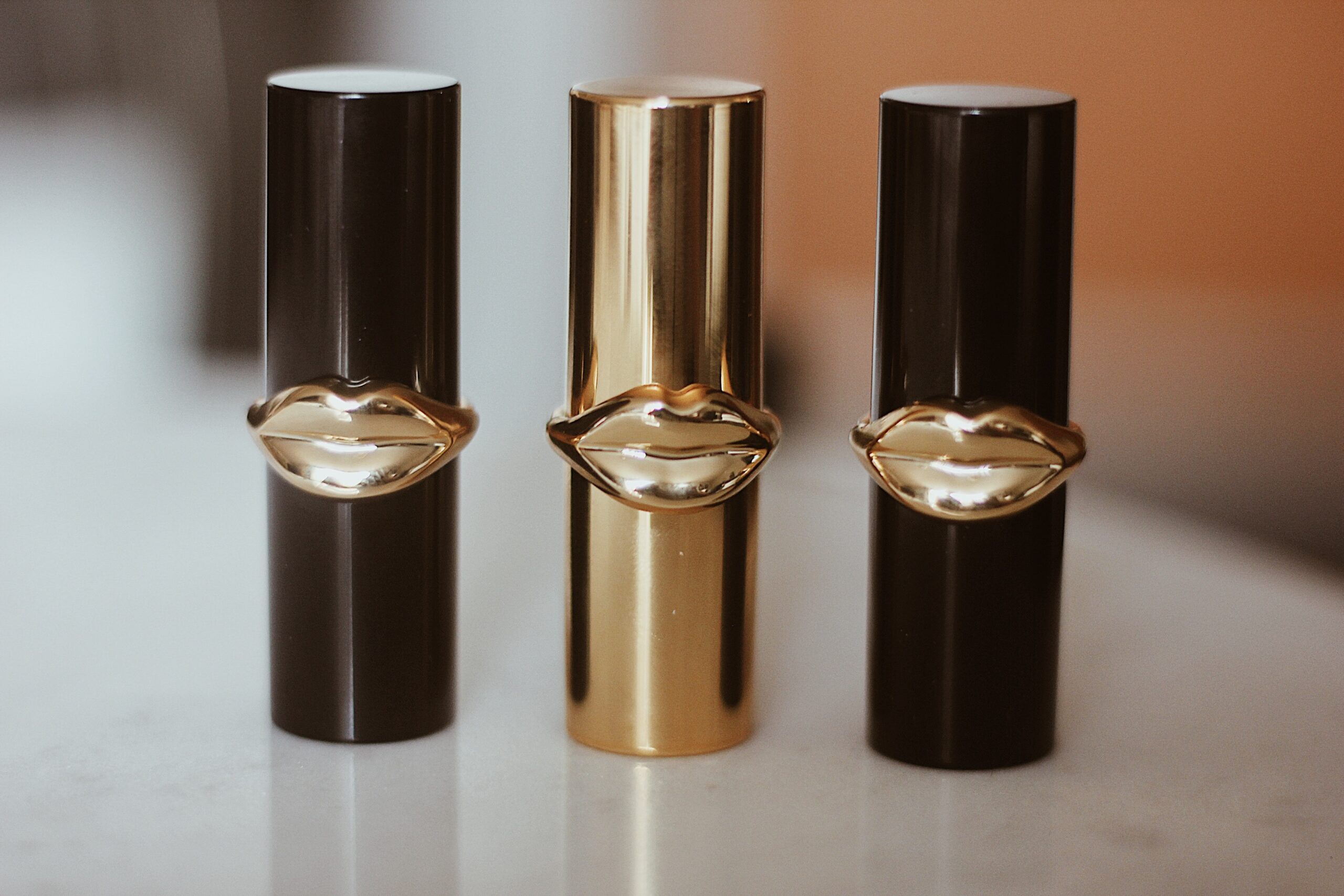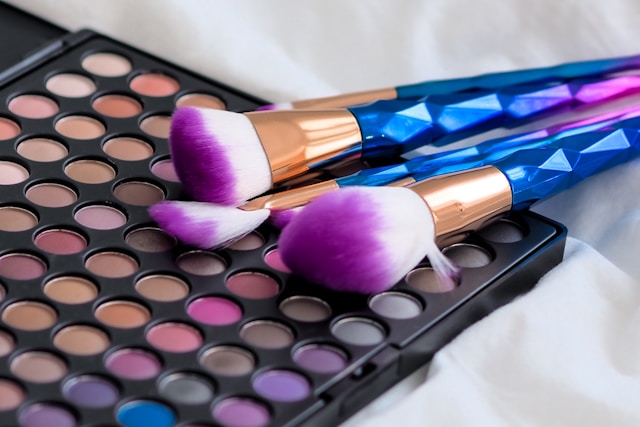
Skincare can often feel like a mystery. With so many facials on the market promising everything from hydration to anti-aging miracles, it’s no wonder people are unsure which treatment actually suits their unique skin type. What works for one person might not deliver the same glow for another, and in some cases, the wrong facial can even aggravate skin issues. Understanding your skin and the types of facials available is the first step toward building a skincare routine that truly works.
Understanding Your Skin Type
Before booking any facial, it’s essential to know your skin type. Most people fall into one of the following categories:
- Oily Skin: Prone to shine, enlarged pores, and frequent breakouts.
- Dry Skin: Often feels tight or flaky and may look dull or rough.
- Combination Skin: A mix of oily and dry zones, typically with oiliness in the T-zone.
- Sensitive Skin: Reacts easily to products and environmental factors, often with redness or irritation.
- Normal Skin: Balanced, not too oily or dry, with minimal blemishes.
Identifying your skin type helps narrow down which treatments will benefit you the most and which to avoid.
Types of Facials and Who They’re Best For
Let’s break down some of the most common facial treatments and how they match different skin needs.
1. Hydrating Facial
Ideal for: Dry, sensitive, or dehydrated skin
Hydrating facials focus on restoring moisture balance to the skin. They often use masks, serums, and creams packed with hyaluronic acid, aloe vera, and ceramides. If your skin feels tight, looks flaky, or suffers from seasonal dryness, this treatment can leave your face plump and radiant.
2. Deep-Cleansing Facial
Ideal for: Oily and acne-prone skin
This facial targets clogged pores, excess sebum, and blackheads. It includes steaming, exfoliation, and extractions to clear congestion and reduce future breakouts. A deep-cleansing facial often uses antibacterial ingredients like salicylic acid and tea tree oil to purify the skin.
3. Anti-Aging Facial
Ideal for: Mature or sun-damaged skin
These treatments aim to smooth fine lines, boost collagen, and improve elasticity. Ingredients like retinol, peptides, and vitamin C help to brighten the complexion and encourage skin regeneration. Some anti-aging facials also incorporate light therapy or microcurrents to tone facial muscles.
4. Brightening Facial
Ideal for: Dull or uneven skin tone
Brightening facials are packed with exfoliating enzymes and vitamin-rich serums to reduce pigmentation and revive tired skin. They’re perfect for people dealing with dark spots, sun damage, or a lackluster complexion.
5. Sensitive Skin Facial
Ideal for: Easily irritated or inflamed skin
If your skin is reactive to new products or the environment, look for facials that are fragrance-free, use calming ingredients like chamomile or oatmeal, and avoid harsh exfoliants. A good sensitive-skin facial should soothe redness, reduce inflammation, and restore balance.
Customized Facials: A Tailored Approach
Many spas and skincare centers offer customized facials that combine elements from various treatments based on your specific skin concerns. During your consultation, a licensed aesthetician will assess your skin and build a personalized facial, whether that means combining deep-cleansing with hydration or adding light therapy to an anti-aging session.
When seeking facials near Washington DC, it’s wise to choose a provider that offers personalized assessments and a wide range of treatment options. This ensures your facial is not only relaxing but also results-driven.
What to Ask Before Booking a Facial
To make sure your facial is safe and effective, consider asking the following:
- What products will be used, and are they suitable for my skin type?
- Will there be extractions, and how are they done?
- Are there any post-facial aftercare steps I should follow?
- Can I wear makeup after the facial?
- How often should I get this type of treatment?
A good aesthetician will walk you through the process and make sure you’re comfortable with each step.
Aftercare Tips for Best Results
Your skin will be more sensitive after a facial, so proper aftercare is crucial:
- Avoid sun exposure and always wear SPF.
- Skip heavy makeup for at least 24 hours.
- Don’t exfoliate again too soon.
- Stay hydrated and use a gentle cleanser.
- Follow any instructions provided by your skincare professional.
Final Thoughts
Facials are more than a luxury; they’re a powerful way to maintain and enhance your skin’s health when done correctly. The key is knowing your skin and choosing a treatment that aligns with its needs. Whether you’re targeting acne, fighting dryness, or simply looking to relax while giving your skin some TLC, there’s a facial out there for you.
By investing a little time in understanding your skin and working with experienced professionals, you can transform your skincare routine and walk away from each facial with a healthy, glowing complexion.



